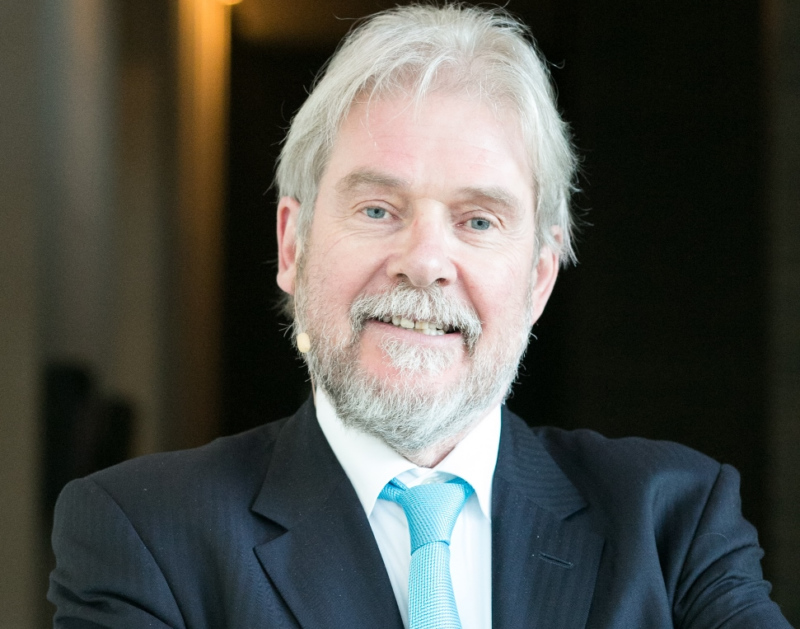Rising Brazil: The Choices Of A New Global Power
What should we expect from a newly powerful Brazil? Does the country have the capacity and leadership to be a central actor in addressing critical global and regional problems?
After center-right leaders recently gained power in Argentina, Brazil and Peru, Latin America's "pink wave" - which swept leftist governments into office over the last decade - appears to be receding. At a breakfast meeting with members of the Inter-American Dialogue's Energy and Resources Committee, Michael Reid, The Economist's senior Latin America editor and author of the "Bello" column, discussed why he thinks the region is shifting to the right.
There is no doubt, Reid said, that voters in Latin America are in an anti-incumbent mood. This is due mainly to two factors. Firstly, the end of the commodities boom means that governments must curtail spending on public goods and services. This is causing frustration among Latin America's middle class, which grew by 50% between 2003 and 2009 as economic growth lifted millions of people out of poverty. The end of the commodities boom means slower economic growth will be the "new normal," Reid said.
The second factor leading voters to favor political change is corruption. Corruption scandals have tarnished governments in Brazil, Mexico, Argentina and elsewhere across the region, and today's more empowered citizens are punishing corrupt governments at the ballot box.
In energy and extractive industries, companies can expect to see more business-friendly policies. However, there is little appetite for a return to 1990s style "neoliberal" approaches. Privatization of state oil companies is not in the cards, Reid argued.
Overall, the current political climate looks more favorable to private investment. However, tremendous challenges - from poor infrastructure to large informal economies - still need to be addressed.
We are grateful to Holland and Knight for hosting the meeting and for the members of the energy and resources committee for supporting the Energy, Climate Change and Extractive Industries Program.
What should we expect from a newly powerful Brazil? Does the country have the capacity and leadership to be a central actor in addressing critical global and regional problems?
President Lula da Silva triumphantly announced that he and his Turkish counterpart had persuaded Iran to shift a major part of its uranium enrichment program overseas—an objective that had previously eluded the US and other world powers. Washington, however, was not applauding.
The question remains if Mexico has achieved a degree of institutional development consistent with its participation in those organizations.
